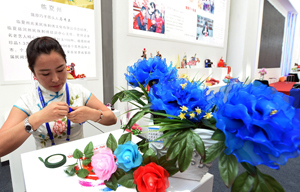Arts and Traditions
Gansu Provincial Museum
Updated: 2015-09-17( gansumuseum.com )
Gansu Provincial Museum, located on the banks of the Yellow River, is an integrative local history museum renowned at home and abroad for its long history and abundant and characteristic cultural relics collection.
Its former name was Gansu Scientific Education Center. It was founded in 1939 and later renamed Northwest People`s Science Museum in 1950 and Gansu Provincial Museum in 1956. In 1999, the Gansu provincial government set up a project to invest 150 million yuan ($24.6 million) towards the reorganization and expansion of the museum.
The new exhibition building opened to the public on Dec 26, 2006. There are 13 departments in the museum with 143 working staff, of which two-thirds are professionals including 23 senior researchers and 51 junior researchers.
Gansu Provincial Museum has a rich collection of cultural relics, fossils and specimens with distinguished features. It houses a total of 355,364 relics. Its most unique pieces include painted pottery from the Neolithic Age; wood and bamboo documents from the Han Dynasty (206 BC – AD 220); Silk Road documents and treasures of the Han and Tang (AD 618-907) dynasties; and Buddhist artwork.
More than 300 exhibitions have been held, which have attracted nearly 10 million domestic and foreign visitors. Many pieces from the museum collection have been exhibited in the USA, France, Italy, Japan, Croatia, Singapore and Hong Kong.
Since the opening of the museum's new exhibition building, a policy to create excellent exhibitions has been adopted, drawing on new sound, light and electronic techniques to display the relics. The three permanent exhibitions of the museum – Civilization along the Silk Road within Gansu, Gansu Painted Pottery and Paleontological Fossils of Gansu – won the national award of the seventh 10 Excellent Exhibitions for 2005-2006, competing with 18,000 exhibitions from 2,300 museums all over China.
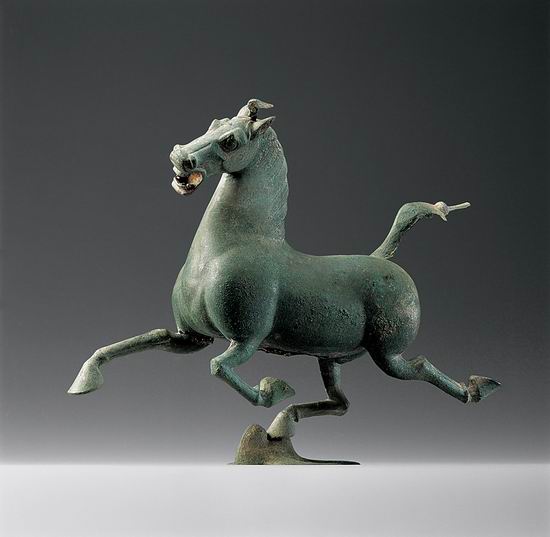 |
|
Gansu Provincial Museum, located on the banks of the Yellow River, is an integrative local history museum renowned at home and abroad for its long history and abundant and characteristic cultural relics collection. |
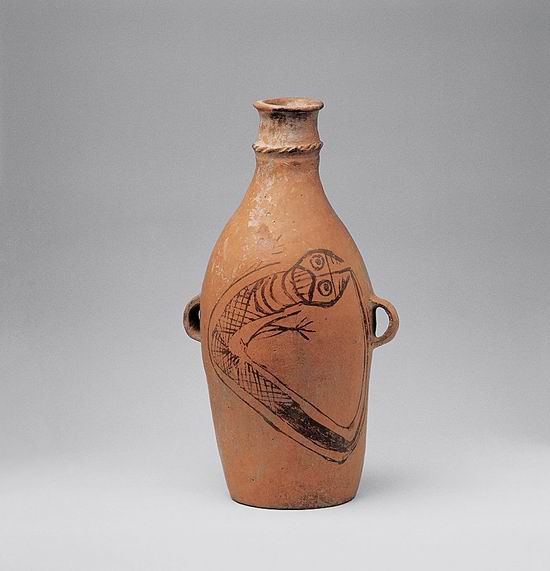 |
|
Gansu Provincial Museum, located on the banks of the Yellow River, is an integrative local history museum renowned at home and abroad for its long history and abundant and characteristic cultural relics collection. |
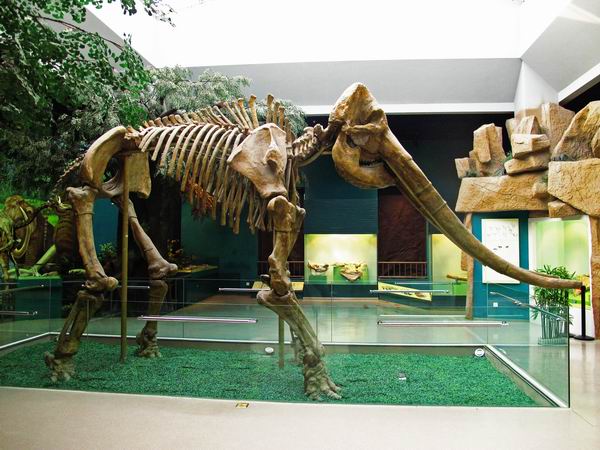 |
|
Gansu Provincial Museum, located on the banks of the Yellow River, is an integrative local history museum renowned at home and abroad for its long history and abundant and characteristic cultural relics collection. |
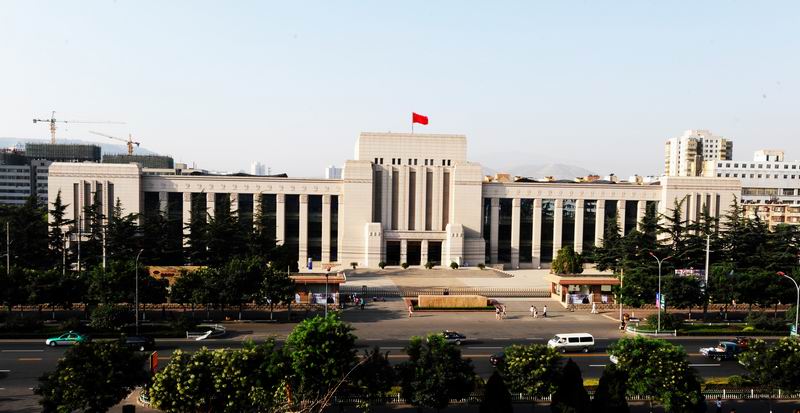 |
| Gansu Provincial Museum |

